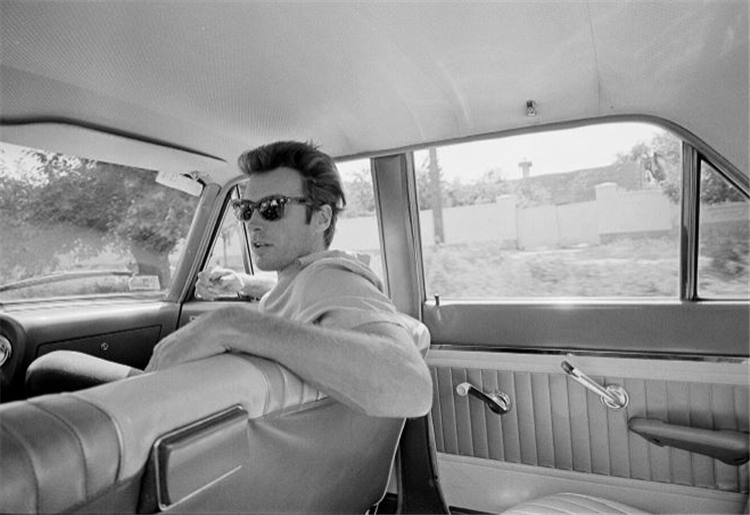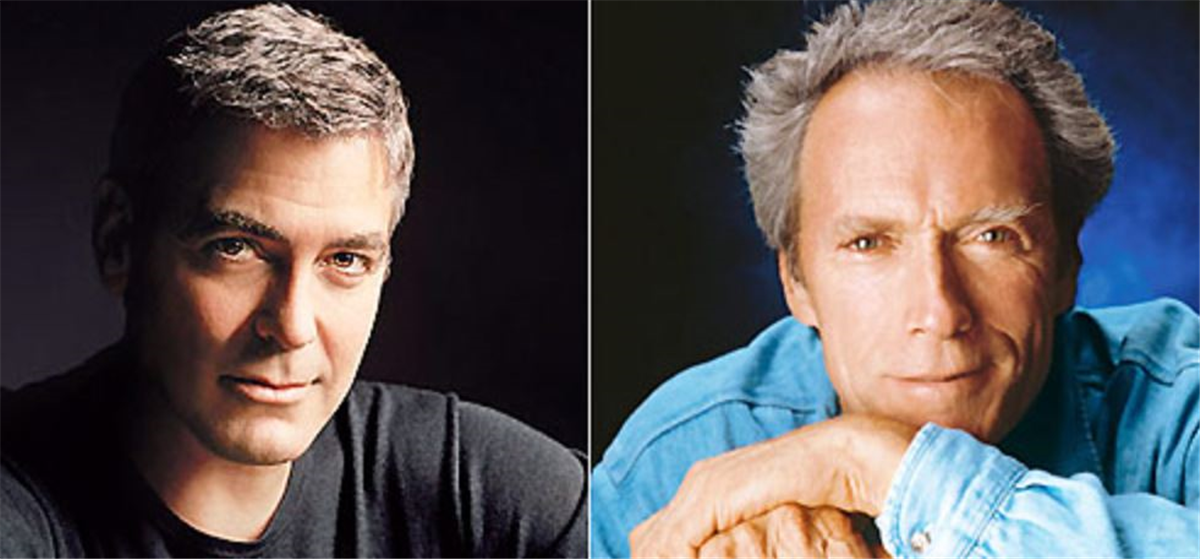Despite Quentin Tarantino’s controversial statements to the contrary, George Clooney is undeniably a bonafide film star. The 63-year-old actor, with his swoon-worthy, chiselled leading-man looks and magnetic charisma, has become one of cinema’s most commanding screen presences. Clooney’s charm is powerful enough to carry a franchise—though Batman and Robin is perhaps best left unmentioned.
Clooney’s rise to stardom began with his role as Dr Doug Ross on the medical drama ER, but his leap to international fame came with Steven Soderbergh’s Ocean’s Eleven. In the film, Clooney starred as Danny Ocean, a suave professional thief who assembles a team of rogues to execute a massive casino heist. The film was a huge hit, grossing $450million at the box office and spawning three sequels. This continued success can be credited in large part to Clooney’s star power and widespread popularity.
Despite edging close to typecast territory, Clooney has consistently demonstrated that he is far more than just a Hollywood heartthrob. Early in his career, he sought collaborations with independent and art house directors, first making a major impact in Robert Rodriguez’s From Dusk Till Dawn. Clooney also delivered a standout performance as Ulysses Everett McGill in the Coen brothers’ O Brother, Where Art Thou? and later in Hail, Caesar!—showcasing his range and talent as an actor.

Pushing his creativity beyond acting, Clooney has famously embraced life in the director’s chair, focusing on projects with significant political and historical themes, such as Good Night, and Good Luck, which explored McCarthyism and earned a ‘Best Picture’ nomination, and The Monuments Men, which told the story of Allied efforts to recover art threatened by Nazi destruction. He may be a star, but Clooney is undeniably an artist as well.
Navigating the relationship between stardom and the production of less commercially oriented films is, of course, a difficult task, especially in an industry town as profit-driven as Hollywood. When asked by Chud how he managed to balance his crowd-pleasers with his critical successes, Clooney explained that he was following in the footsteps of a friend and mentor, fortunately close at hand—Clint Eastwood.
“Clint set the bar,” Clooney explained. “He knew exactly how to do that. He gave a great pattern on how to do it, and I think it’s a smart way of doing it: you do one that (you) hope can make some money commercially, and it buys you two smaller ones along the way.” Clooney didn’t need to venture far to seek out Eastwood’s guidance, though. “We have an office exactly right next door – literally right next door, and I’ve seen him for ten years every day.”

Looking at the two men’s careers side by side, it doesn’t take much imagination to understand how fortunate Clooney was to have an example like Clint Eastwood to follow. As iconic and handsome in his heyday as Clooney is now, Eastwood starred in several major revenue-raking action hits, including Where Eagles Dare and Escape from Alcatraz. Like Clooney, he took the lead role as an antihero in a thriller franchise, starring as a maverick cop in the Dirty Harry series. His most legendary role, however, remains his breakthrough hit, as the ‘Man with No Name’ in Sergio Leone’s Dollars Trilogy.
From there, Eastwood paved the way for Clooney by moving behind the camera in 1971, making his directorial debut with Play Misty for Me and winning the ‘Best Director’ Oscar for Unforgiven and Million Dollar Baby. As with Clooney’s directed features, Eastwood’s films have often taken politics as their subject, as with his J Edgar Hoover biopic and his 2014 hit American Sniper, which told the life story of Chris Kyle, the US military’s most lethal marksman.
Although it might be an exaggeration to say that Clooney carefully mapped his directorial choices on Eastwood’s example, Clooney’s ability to transcend his star status and produce films addressing important and provocative contemporary themes clearly owes much to the inspiration of the man who ‘set the bar.’ A major celebrity actor hoping to traverse Hollywood’s complex commercial waters and make the passing behind the camera really could not hope for a better office neighbour than Clint Eastwood.
